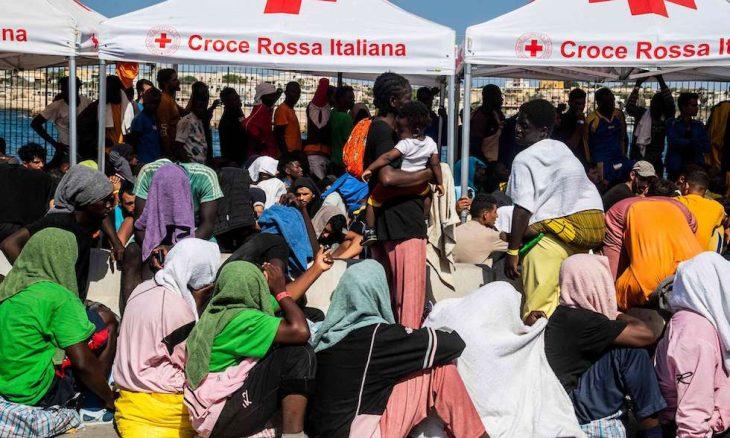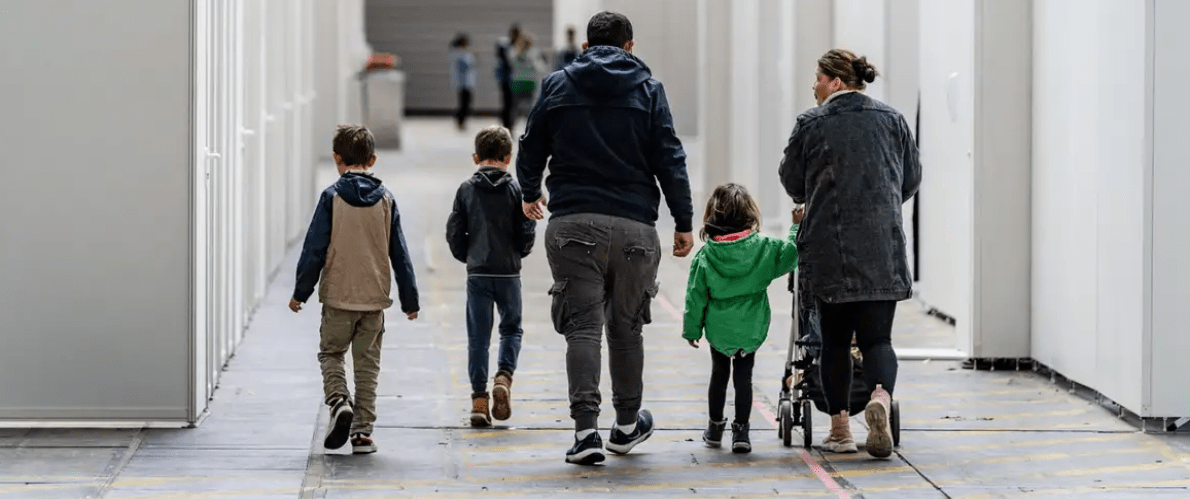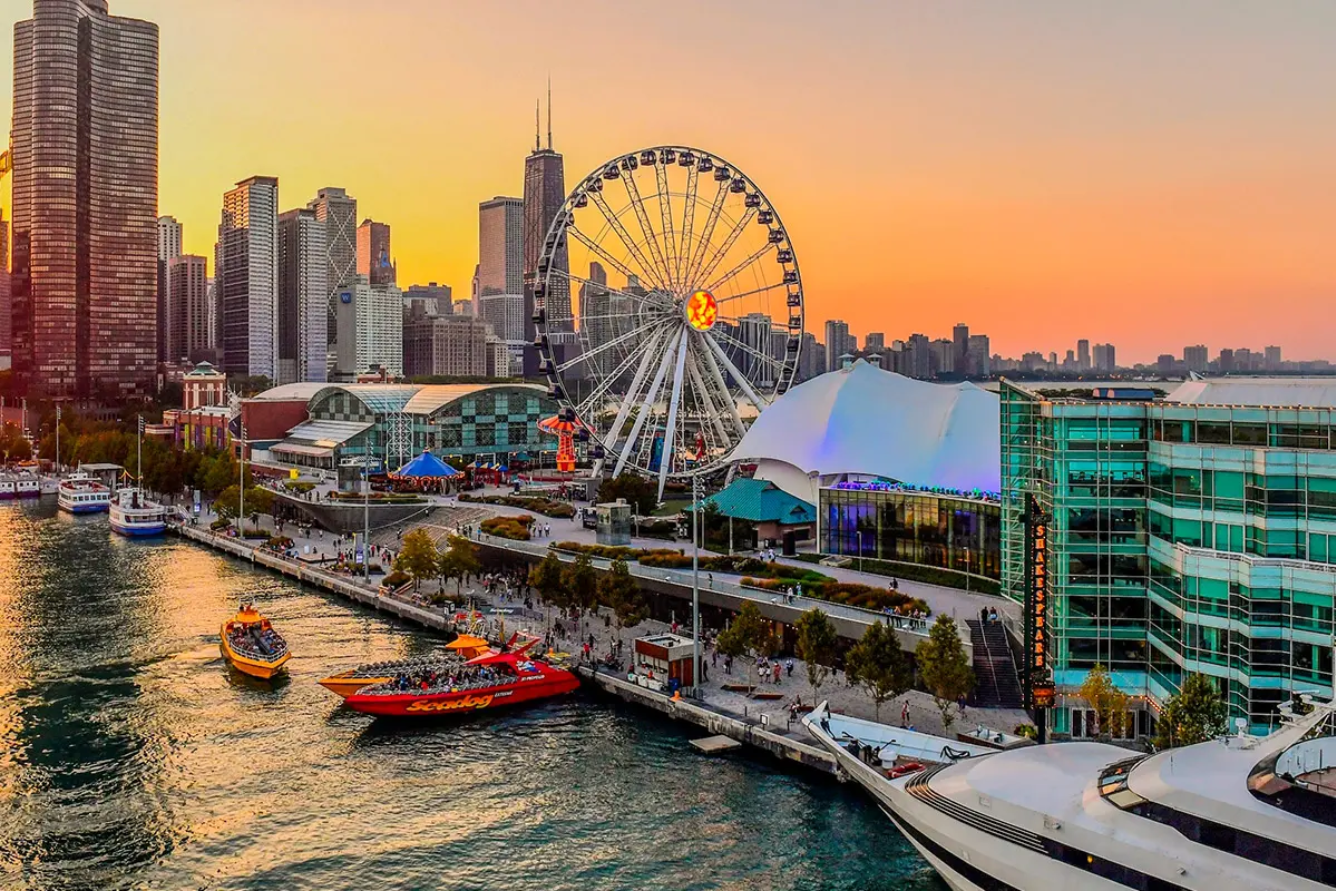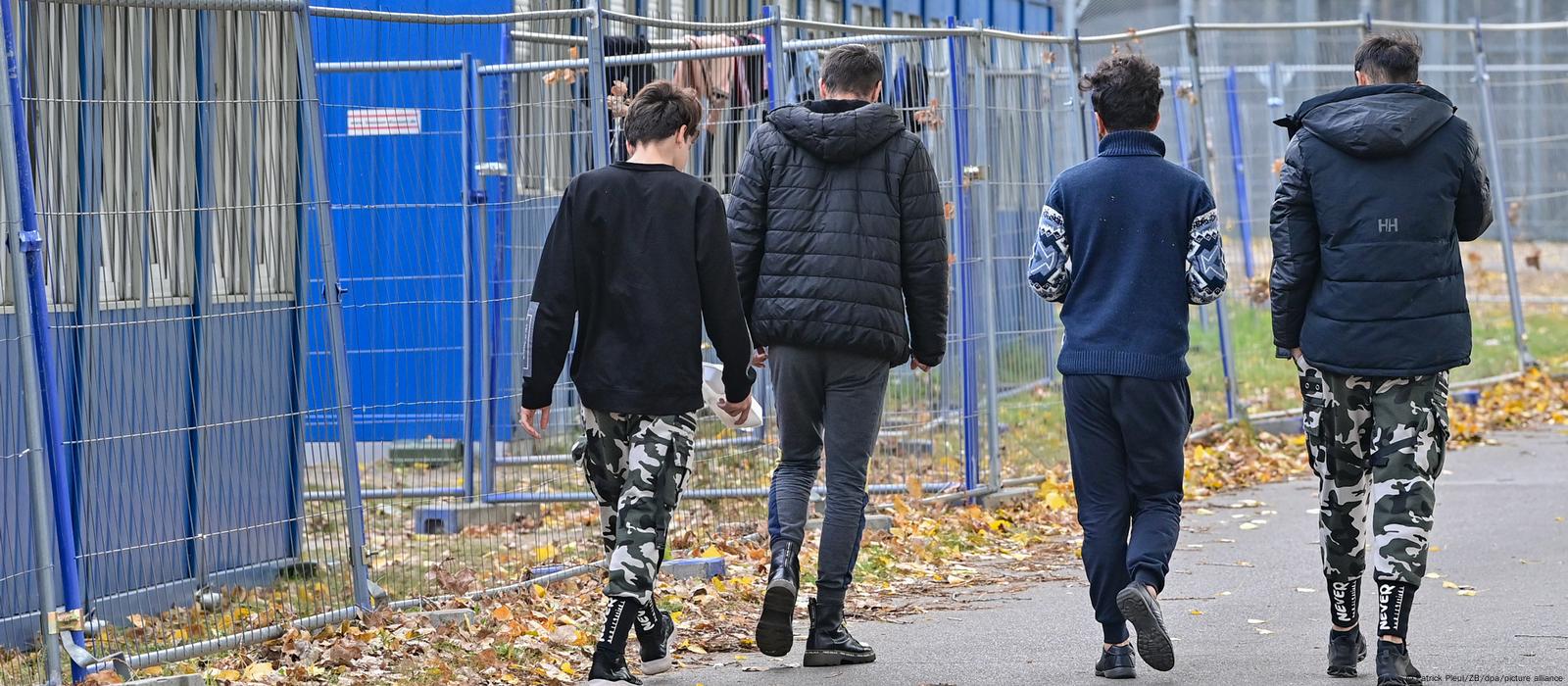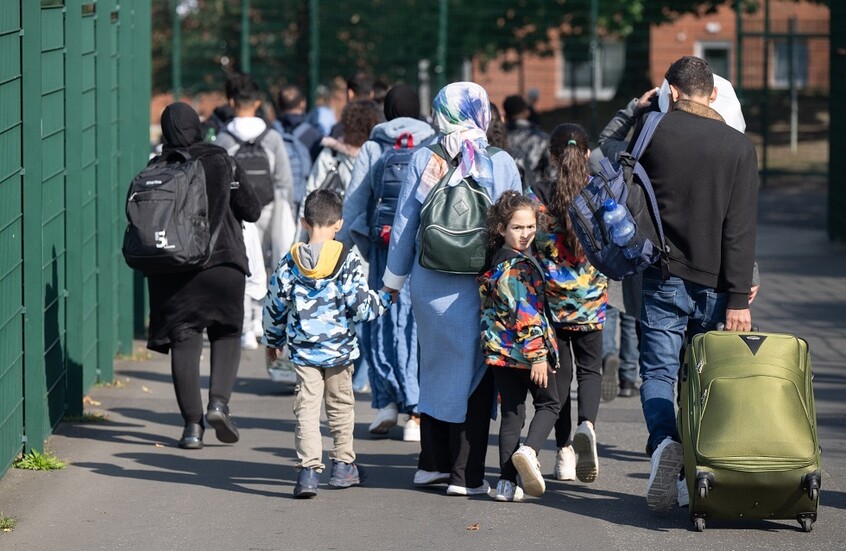
Italy has launched a project to form a network between different municipalities, to provide assistance to vulnerable and socially marginalized migrants in Italian cities. The European Union is financing the project through the Asylum, Migration and Integration Fund, amid human rights criticism of “terrible slowdown” on the part of Rome and Milan in the process of regularizing migrants’ status.
The municipalities network for rapid response and emergency integration services in deprived urban areas, “G2 Network” project, focuses on supporting activities in three areas of work: civil commitment projects, integrated offices and mobile units, and housing.
It aims to deal with urgent issues that arose due to the presence of immigrants in Italy who have not yet been fully integrated, in terms of housing, work, and social aspects, while working to solve them. The interventions are implemented throughout Italy, through a network characterized by a large population of vulnerable and socially marginalized migrants.
The network includes 16 Italian cities: Bologna, Caserta, Florence, Genoa, Latina, Milan, Naples, Palermo, Perugia, Potenza, Rome, Sassari, Taranto, Turin, Trieste and Bolzano, according to the “InfoMigrants” website.
The inclusion of the Italian capital in the project contributed to the implementation of some activities, including conducting qualitative and quantitative research in all municipalities of Rome, through a questionnaire that was submitted to a large sample of immigrants, workers in the health care sector, workers in social services, and health care services that immigrants can access.
The research attempted to shed light on unknown and expressed social and health needs, as well as identify new emerging needs.
The project included activating three mobile assistance units and intervening with multidisciplinary teams, including employees from the local health care authorities, the administrative body in Rome, and the service sector, in light of fragile conditions and social anxiety, in order to provide social services and health care more adapted to needs.
The European Union is financing the project through the Asylum, Migration and Integration Fund 2014-2020, in coordination with the Italian Ministry of the Interior, along with the Italian National Association of Municipalities (ANCI), and its “Sitalia” Foundation, which focuses on promoting and disseminating a culture of reception, integration and citizenship. Rome is one of 16 municipalities within the “G2 network” project.
On November 20, the campaign to receive immigrants in Italy, “Ero Straniero – L’Umanità che fa bene” (literally, “I was a foreigner. The good humanity”), denounced the terrible slowdown by Rome and Milan in the process of regularizing the status of immigrants, as the authorities examined less than 60% of asylum applications, despite the passage of about three years, after a decree was issued granting them residency papers.
The campaign stressed that “the shortage of employees represents an emergency, and the government and Parliament must solve this problem.”
According to the numbers provided by the campaign, the number of applications examined as of September 21, 2023 at the Rome municipal headquarters amounted to only half of the total applications submitted (54.97%) out of 17,371 applications submitted with the 2020 amnesty.
In 2023, the municipality lost 14 employees, equivalent to 44% of the staff, who were processing refugee files in 2022.
This campaign is promoted by the associations Bon Direto, ActionAid, Legal Studies on Migration, the Federation of Evangelical Churches in Italy, Oxfam, the Italian Leisure and Cultural Association, the National Coordination of Reception Communities, the Italian Alliance for Freedom and Rights. Civil society, the Angelo Apriani Charitable House Foundation, and the Italian radicals.

